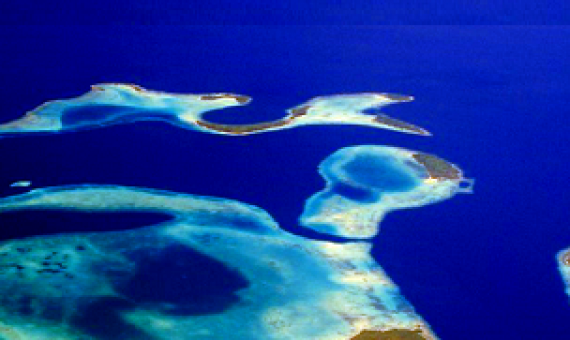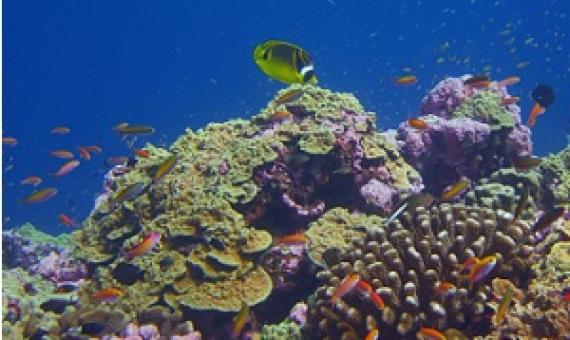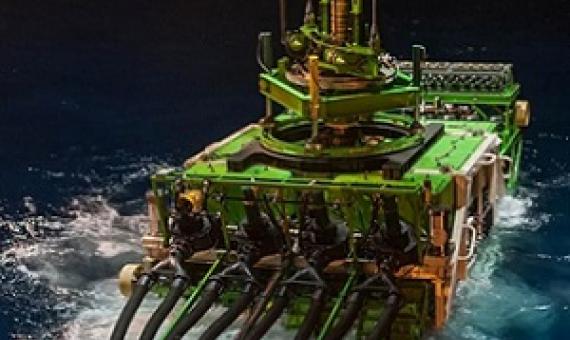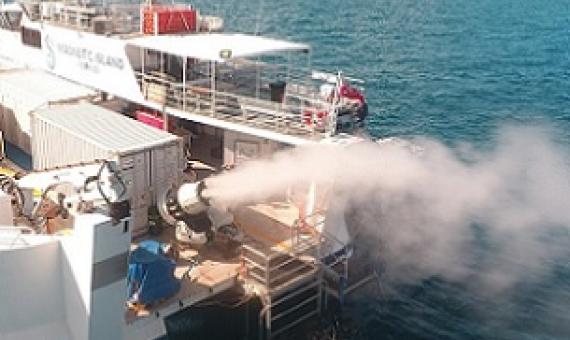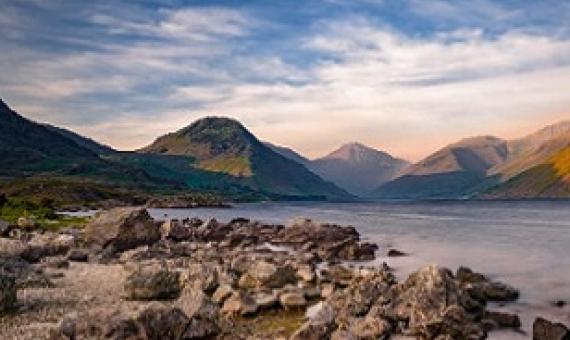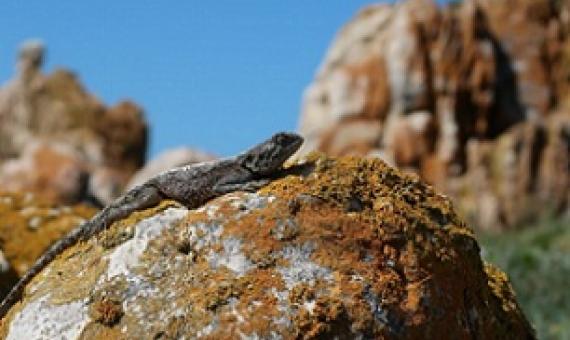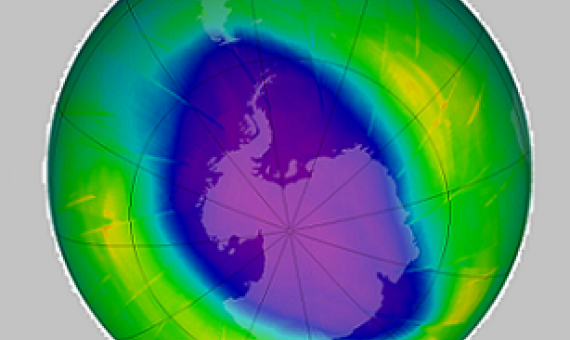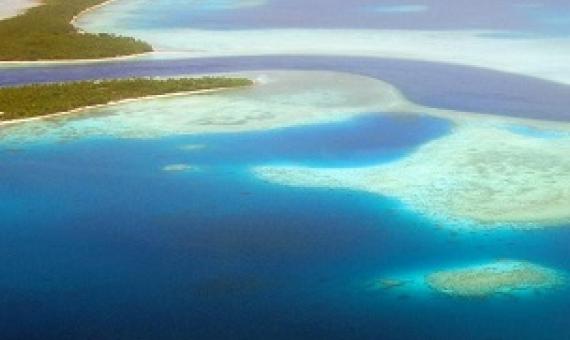The ReNature project is proud to announce the release of an interactive online toolkit designed to guide experts and non-experts in the implementation of nature-based solutions.
A recent study conducted by geomatic engineer Mahyat Shafapour Tehrany and environmental science professor Lalit Kumar identified 150 vulnerable terrestrial vertebrate species throughout the Pacific islands region that are most susceptible to extinction due to the impact of climate change.
Some coral communities are becoming more heat tolerant as ocean temperatures rise, offering hope for corals in a changing climate.
Trillions of metallic nodules on the sea floor could help stop global heating, but mining them may damage ocean ecology... These metallic morsels could...help humanity save itself from the ravages of global warming, argue mining companies who say their extraction should be rated an
In place of its normal load of cars and vans, the repurposed ferry boat sported a mobile science laboratory and a large fan on its deck as it left Townsville, Australia, in March.
Safe passages for species adapting to climate change aren't always being protected, a new study by the University of Liverpool warns. With rising temperatures altering where species can survive, many are moving to newly hospitable patches further north.
A new study carried out by the Nature Map Consortium shows that managing a strategically placed 30% of land for conservation could safeguard 70% of all considered terrestrial plant and vertebrate animal species, while simultaneously conserving more than 62% of the world's above and below ground v
It is not easy to predict how animals—from insects to fish—are going to respond to climate change and especially extremes of temperature. This lack of understanding hinders our ability to predict the vulnerability of these animals to climate change.
The Montreal Protocol, a global ban ozone-damaging compounds, also saved the world's plants and helped give us a fighting chance against climate change...Often held up as a success story of international cooperation, the protocol’s global ban on ozone-damaging commercial compounds...has led to th
The impacts of human-caused climate change are severe and widespread as soaring temperatures, droughts, intense storms, rising seas and other extreme weather events will continue to be felt for centuries, according to a grim new report by the world’s top climate scientists.


